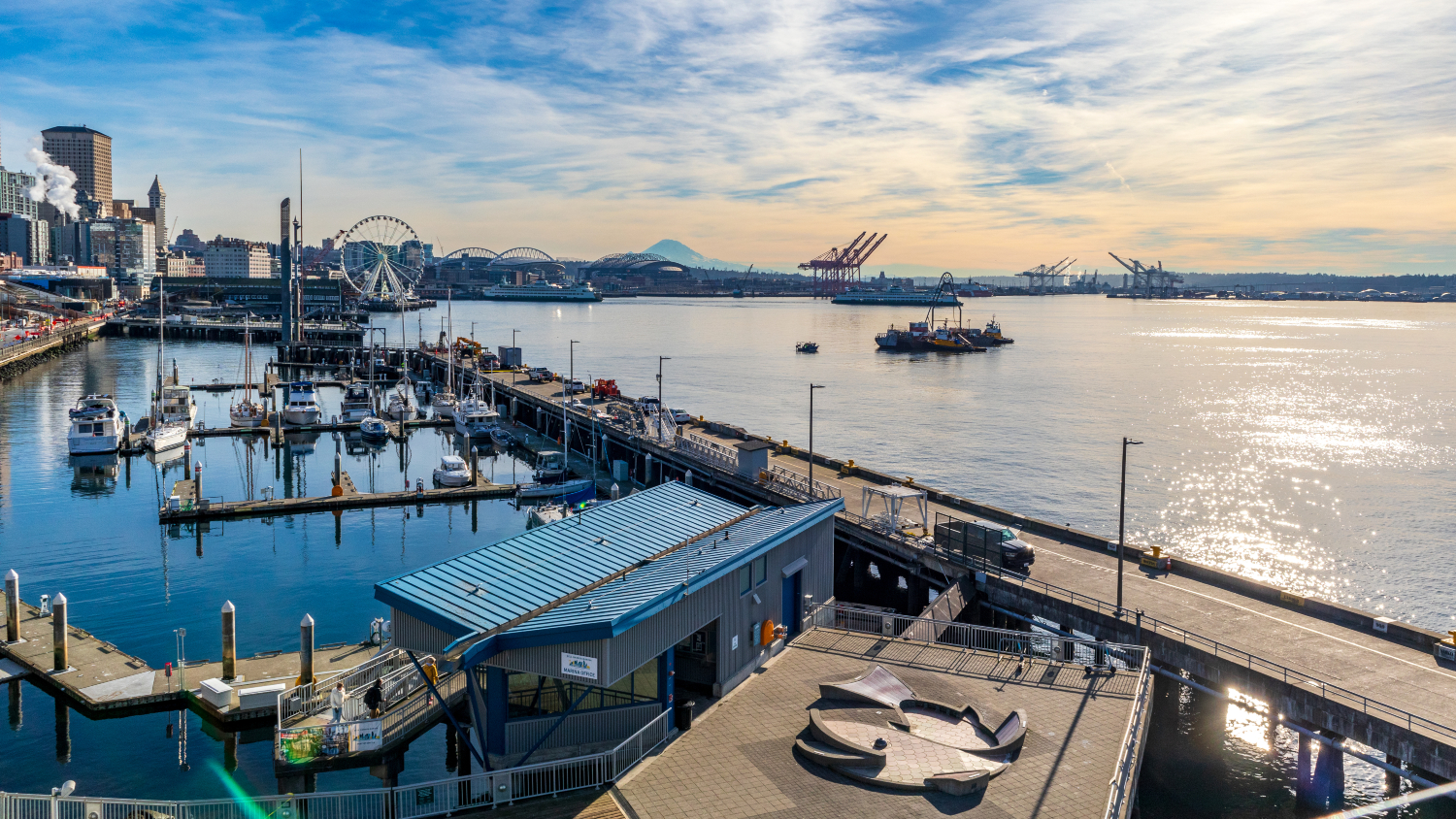performing shipboard maintenance:
- Insufficient manning, time constraint and operational demand
Vessels often operate with minimal crew and are expected to operate with quicker turnaround, restricting the time available for proper maintenance work. This can lead to delays or a reduction in maintenance work, which, over time, will increase the risk of hull and machinery failure.
- Fatigue and stress
The demanding schedule and workload can result in fatigue and stress on the crew. This results in loss of focus and reduced performance, which can affect the quality of maintenance work.
- Weather
Unfavorable weather can restrict and delay maintenance work and additionally accelerate wear and tear to a vessel.
- Budget constraints
When the ship’s financial belts are tightened, it often results in postponed maintenance schedules and limited availability of essential spares and consumables. This can compromise operational reliability and lead to high-impact mechanical failures.
In addition, any unpaid wages will only demoralize the crew, which will, in turn, have a serious consequence on their work performance.
- Lack of spare parts and tools
It is important to maintain a robust inventory of ship-specific spare parts and maintenance tools on ships. Without this, the vessels’ crews lack essential resources needed for timely and critical repairs and maintenance.
- Lack of crew training and familiarity
The crew may lack expertise and specialized training to handle complex maintenance tasks or when new technologies, fuels and regulations are introduced.
More complex or specialized tasks often require the involvement of specialist shore-based technicians and specialized workshops. Ship operators often struggle to retain experienced crew, making it challenging to maintain consistency in maintenance practices.
- Older ships
Ageing ships may have outdated machinery, making it harder to find spare parts or carry out proper repairs or maintenance. Older vessels acquired on the secondhand market are often delivered with deferred maintenance and lack reliable PMS records. In many cases, existing documentation is outdated or inaccurate, which can escalate into costly setbacks.
- Poor communication between ships and shore
Poor communication can interrupt the entire maintenance process, causing misunderstandings, delays, increased downtime, and additional expenses.
- Shipboard ergonomic challenges
The ship and its systems are most often not designed to fit the crew. As a result, crew members may be faced with hazardous, restricted-access areas, limited mobility, exposure to extreme conditions—such as excessive noise, heat, and vibration—and a lack of specialized tools and impractical procedures.
Take care of the crew and they will take care of the ship
In summary, it is very important to understand that shipboard maintenance is often hindered by real-world challenges such as a lack of manpower, time constraints, commercial pressure, poor ergonomics, harsh environment and limited resources.
While the crew plays a critical role in a ship’s safe and efficient operation, it’s equally important to acknowledge that maintenance demands often surpass what they can reasonably manage by themselves. Ignoring this reality can only lead to unintended consequences.
The maritime industry must acknowledge the inconvenient truths that prevent crews from performing proper maintenance work. Solutions must be rooted in realistic, honest assessments of these challenges.
These solutions involve empowering the ship’s crew, actively listening to their concerns, providing timely and adequate resources, and fostering open communication and consistent support.
When a ship’s crew feels heard, equipped, and respected, they perform not just competently but with commitment.
Equally important, effective shipboard maintenance begins with adapting the work to the worker. When work is adapted to the worker, rather than forcing the worker to adapt to poorly designed tasks and environment, effective and sustainable maintenance work becomes achievable.
Source: Skuld




